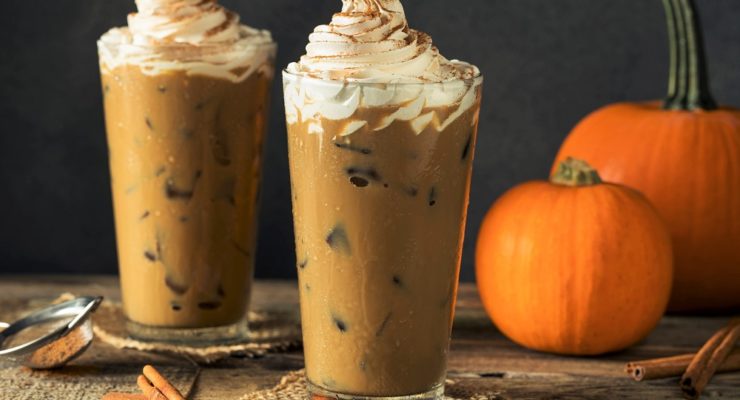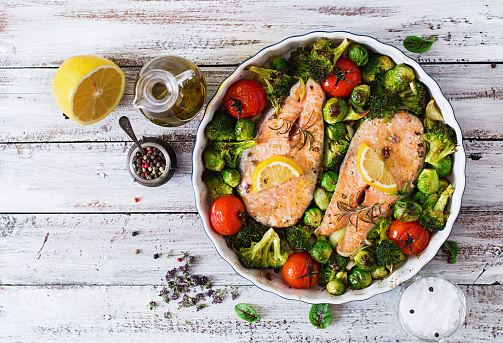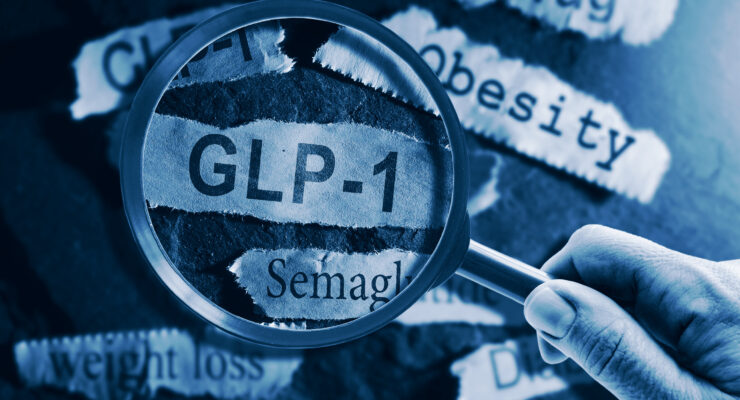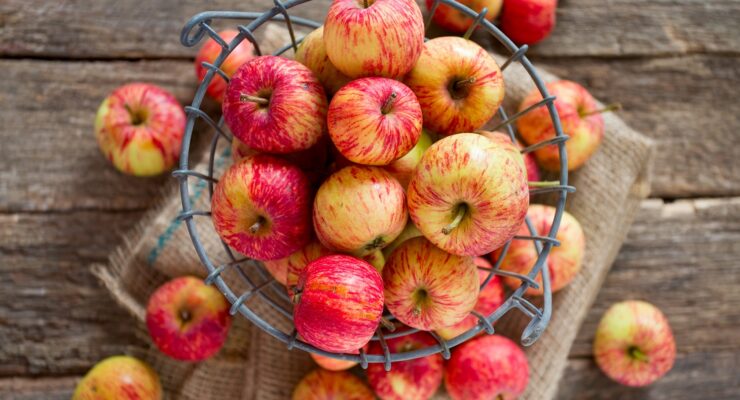Processed Foods: Worth All the Hysteria?
Article posted in: Diet & Nutrition
“Processed foods.” We’ve all heard the phrase.
And there’s recently been a diet trend toward eliminating them from the diet. There’s no question that whole foods—those that come directly from nature with no alteration—are excellent choices. But are all processed foods really that bad? The answer may surprise you.
While the concept of forgoing processed foods is grounded in good intentions, the truth is that many processed foods can help you stick to a healthy and nutritious plan and can absolutely be part of a well-balanced diet. Eliminating all processed foods not only takes many healthy options off the table, it may also set you up with unrealistic goals that you may not be able to achieve. So before you swear off processed foods for good, it’s important to really understand what, exactly, is a processed food?
What are processed foods?
According to the International Food Information Council Foundation, food processing is “any deliberate change in a food that occurs before it’s available to eat.” Think about this for a minute. “Any deliberate change.” By definition, whole grain bread that has been sliced, beans that have been canned, yogurt and even frozen vegetables all technically fall under the category of processed foods. These don’t sound exactly sound like foods we should be swearing off in order to “eat clean,” do they?
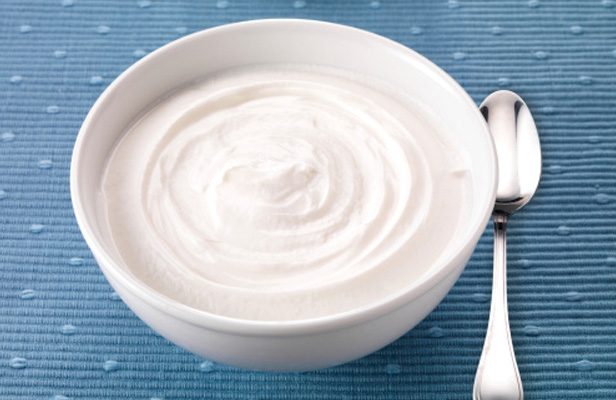
It’s true: Lots of healthy foods fit in the “processed food” category. According to the International Food Information Council Foundation, all of the following are considered processed foods:
- Canned and frozen fruits and vegetables
- Packaged foods labeled “natural” or “organic,” (like cereals, fresh meat and poultry)
- Jarred baby foods
- Foods with health and nutrition claims on the label, such as “may reduce risk of heart disease,” “low in fat” or “high in calcium”
- Foods fortified with nutrients such as fiber, vitamin D and omega-3 fatty acids
- Foods prepared in quick-service and fine-dining restaurants, cafeterias and food courts, sports arenas, coffee shops and other locations
Even washed and packaged vegetables and fruits, bagged salads, roasted nuts and ground coffee beans are minimally processed!
When talking about processed foods, most people automatically jump to the conclusion that you’re talking about items from the local fast food joint, or maybe a bag of potato chips. But since we now know that processed foods can be anything that is altered from its original state—even flash-frozen or cut—it’s important to consider the degrees to which a food is processed. This can range from minimally to heavily processed.
Part of processing can mean adding sugar, fat, artificial flavorings and preservatives. For instance, salt is often added to processed foods as a preservative in order to increase shelf life. When determining how healthy a processed food may be, you should look at the additives.
Preservatives are not required in most of the Nutrisystem® foods due to the type of processing methods used. Any preservatives that are used are FDA approved or meet FDA Generally Recognized as Safe (GRAS) criteria and can be found in many grocery store foods; these include BHT, potassium sorbate, calcium propionate, and sodium benzoate.
Plus, while the individual Nutrisystem meals and snacks vary in their sodium content, all of the Nutrisystem® programs are designed to align with the USDA’s recommended daily intake of 2,300 mg of sodium or less for the general adult population (Dietary Guidelines for Americans, 2020-2025). The actual sodium level may vary based on which weight loss program you choose and which grocery food items you add to your diet plan. If you would like to reduce your sodium intake, please contact your health care provider to determine if an adjusted meal plan is required. You can choose ‘Lower Sodium’ from our ‘Filter By’ menu option when customizing your meal plan.
Considering that USDA reports indicate that the average American eats about 3,300 mg of sodium a day, Nutrisystem can be a great way to cut sodium while you lose weight. No wonder so many are incredibly successful losing weight and reclaiming their health with these types of processed foods! On the other hand, processed foods with a lot of additives—like hot dogs, packaged baked goods or fast food burgers—are certainly be ones to avoid.
Healthy Processed Foods
It may sound like a misnomer: Healthy processed food. But this is largely due to widespread confusion and misguided advice surrounding the topic of processed foods. Many processed foods are in fact good for you, carrying all sorts of much-needed nutrients. In addition, the convenience factor can help you stick to your diet, which is also incredibly important.
For instance, it’s much smarter to pack a perfectly portioned meal from the Nutrisystem menu than it is to pull through the drive-thru for an on-the-road “snack.” Both are processed, but the first option contains protein and fiber with zero trans-fats. The second option is a whole lot of empty calories—yes, even the salads—and trans fat, without much nutritional benefit.
Instead of eliminating all processed foods, a more achievable goal might be to “eat more whole foods.” A diet that includes a combination of healthier, processed convenience foods with a variety of whole foods gives you the best of both worlds.
Nutrisystem keeps your optimal health in mind. That equates to the right mix of nutrients to fuel your body. In addition, many of our convenient, grab-and-go options make it easy for you to stick to your weight loss plan even when you don’t have an abundance of time, preventing you from making bad choices. Balance is key and, unfortunately, “processed foods” are too often discredited. Make the healthiest decisions with the information you have moving forward. Processed or not, is in many cases irrelevant.




